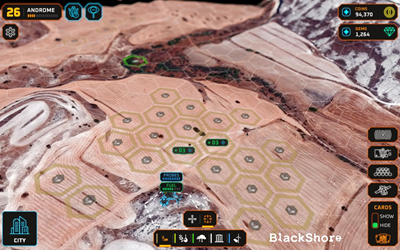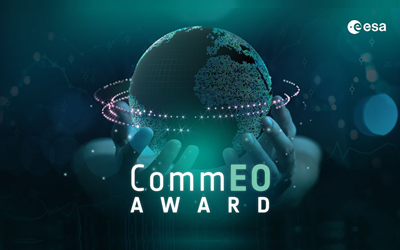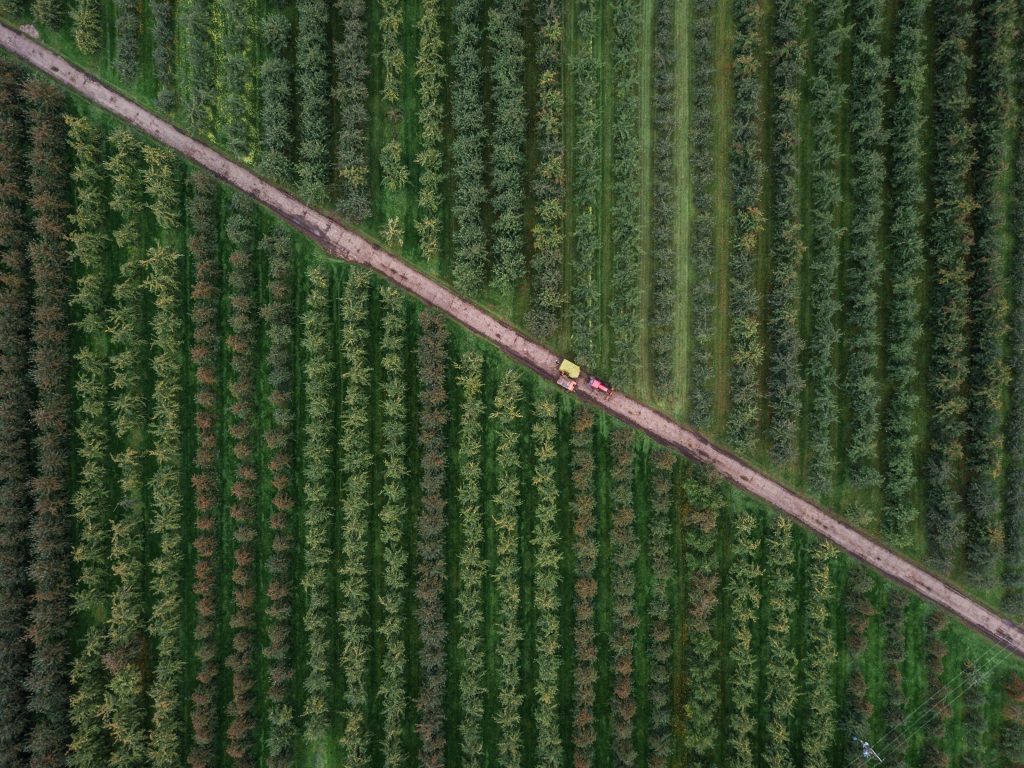
Applications of Earth observation data are not ‘one-size-fits-all’ – there are countless themes and focus areas. That’s why the Copernicus Masters space business competition is divided into seven challenges provided by leading companies and organisations.
These challenges are fuelled by experts who know the latest trends and developments in the industry and focus on the daily problems in their ventures of do-good. They are driven to contribute to a healthy planet with smart solutions. Are you one of those persons as well?
Then it’s up to you to find a challenge that fits your idea or solution best. Participating in challenge helps you to tackle questions like: What problem am I solving and can it be solved? How big is that problem? What impact can/could my idea or solution have? And what will my solution look like in the the future?
Looking for inspiration? Check out these 7 challenges and find your perfect match:
1. ESA Copernicus Tech Challenge

ESA seeks entries that focus on state-of-the-art technologies with Earth observation that enable the development of new products and services, and address opportunities resulting from the European digital transformation. Think about Artificial Intelligence, Internet of Things, blockchain, AR/VR, cybersecurity and decentralised computing.
2. ESA Copernicus SpaceLeap Challenge
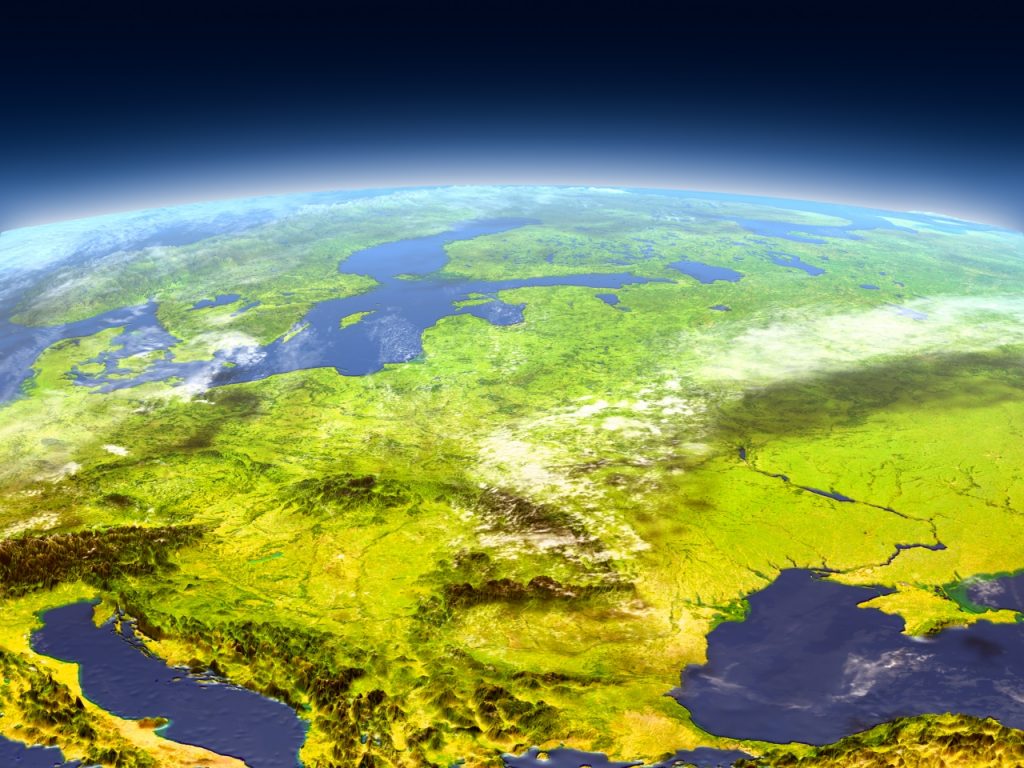
Societal benefits from Copernicus are another focus area of ESA. This challenge is a special initiative for participants from countries implementing Copernicus Cooperation Arrangements and other selected countries outside of Europe, in particular participants from the EU Eastern Partnership region: Ukraine, Moldova, Georgia, Armenia, Azerbaijan. Think about fostering international Earth observation market development for space-based information products and services.
3. DLR Environment, Energy & Health Challenge
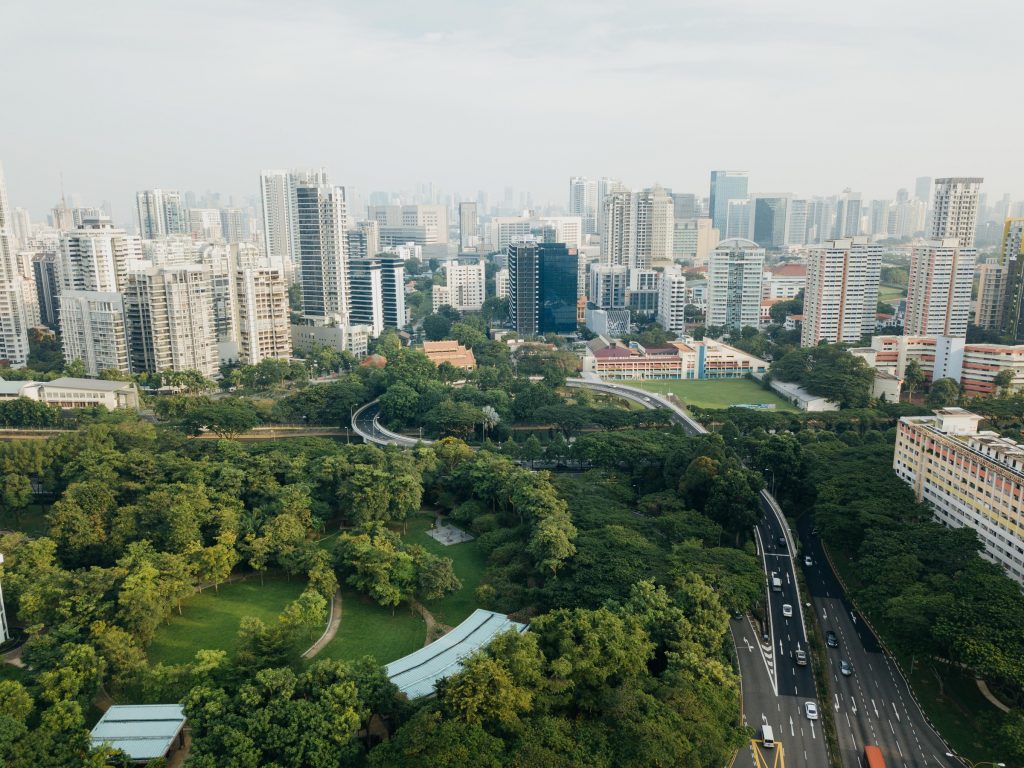
A sustainable management of our planet’s resources is more important than ever. Just think about pandemics and climate change. DLR (German Aerospace Center) is looking for innovative solutions that contribute to this goal with a combination of satellite data and data from other sources. The focus areas are environmental management, sustainable resource management and health promotion.
4. BMDV Digital Transport & Mobility Challenge
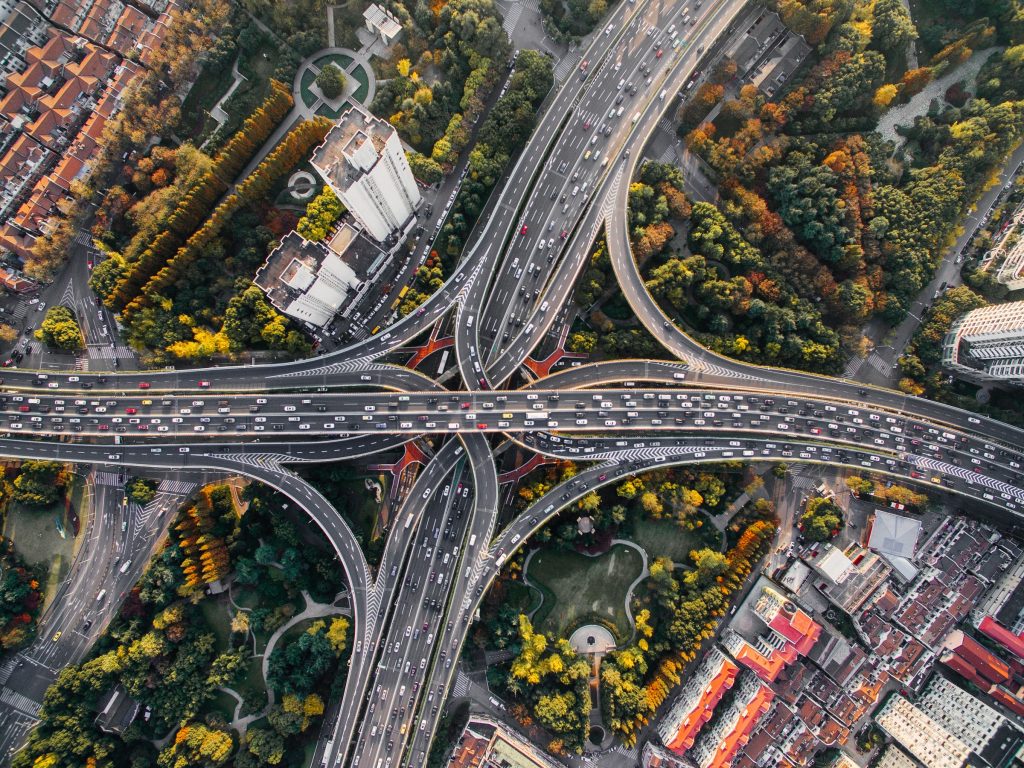
Transport and mobility need to become future-proof, intelligent and sustainable and the German Federal Ministry of Digital and Transport (BMDV) is looking for your ideas. Think about improved safety on roads, creative solutions for sustainable mobility, climate-friendly freight and logistics solutions, and new concepts to monitor transport infrastructure. For this challenge, you’re encouraged to use Copernicus-data along with other data sources such as traffic information.
5. BayWa Smart Farming Challenge
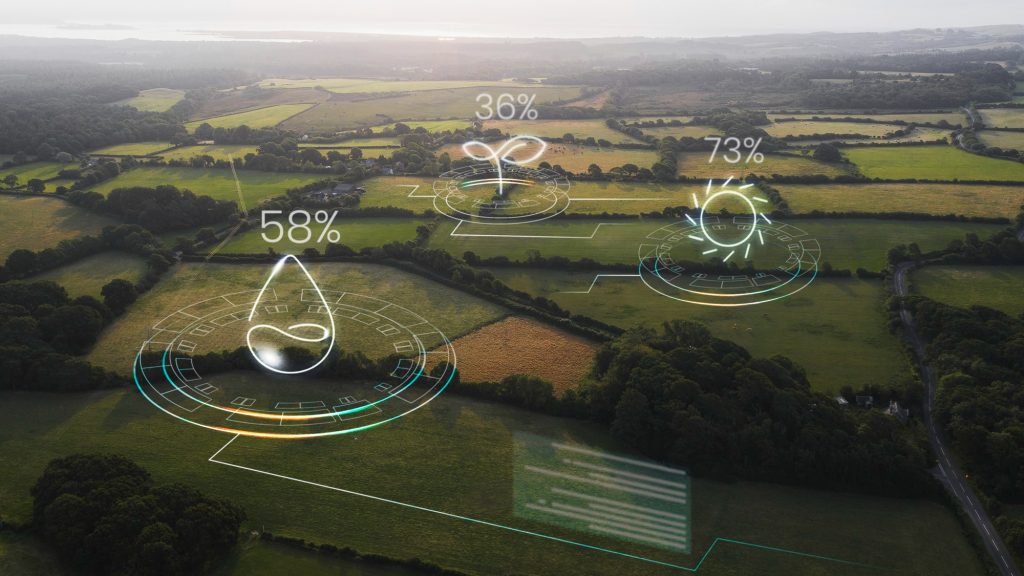
The global population continues to grow every year, which means that the demand for agricultural products grows, too. To continue feeding the world without damaging the environment is one of today’s largest challenges and BayWa is looking for submissions that to tackle it. You’re encouraged to combine satellite data with other data sources in an innovative and commercially viable way, in particular in combination with Artificial Intelligence and machine learning.
6. Portugal Space Copernicus Blue Challenge

The Earth’s surface exists for over 2/3 of water; the ‘blue worlds’. They are the home to a great diversity of ecosystems and a large amount of human populations rely on them for their existence. However, the oceans are now more vulnerable and threatened than ever. You’re invited to demonstrate your innovative and business-oriented ideas to tackle this challenge. In particular if you integrate EGNSS or satcom and the use of (very) high-resolution imagery into your solution.
7. UP42 Sustainable Urban Planning Challenge
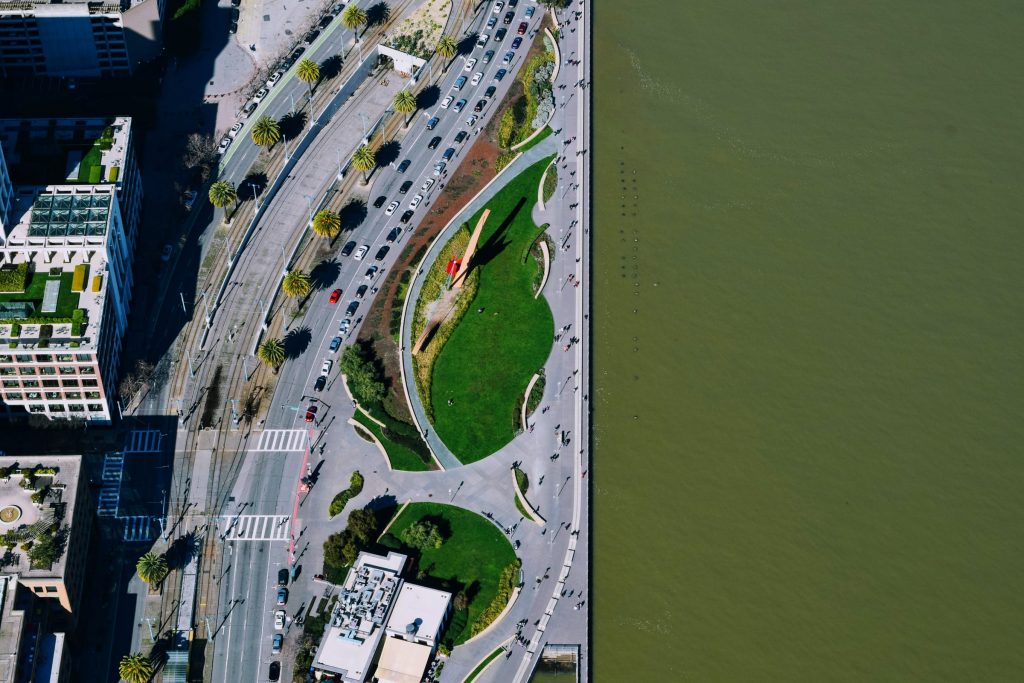
The aim or this challenge is developing algorithms or methods that use remote sensing to quantify critical issues that emerge from the expansion of historic centers towards modern suburbs. Think about the increasing number of structures that impact non-renewable resources (like water, vegetation, land). Or the wasted spaces to be repurposed as green or residential areas. You are encouraged to consider other use cases for improved leverage of the diverse data available on the UP42-platform.
Challenge accepted? Don’t wait any longer and join the Copernicus Masters. Application deadline is July 13, 23:59 CEST.
Images source: Unsplash

